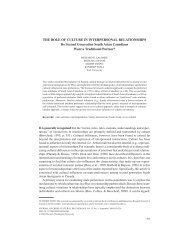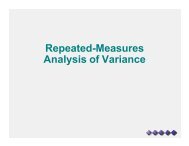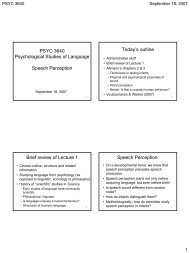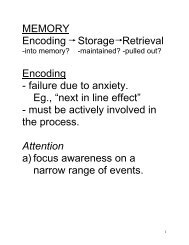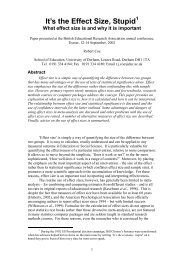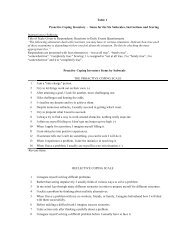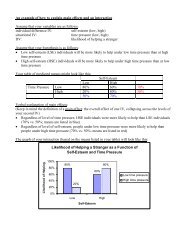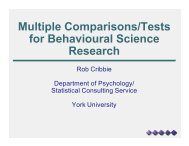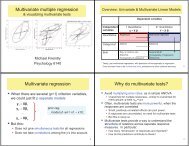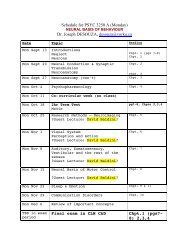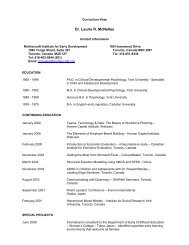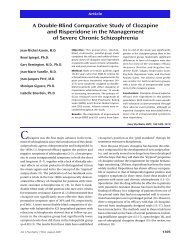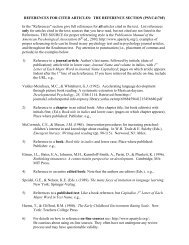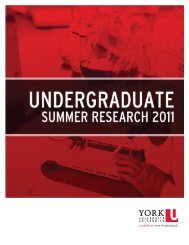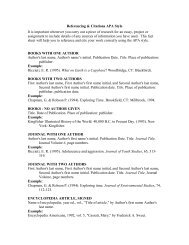The Drama of the Gifted Child (The Search for the True Self)
The Drama of the Gifted Child (The Search for the True Self)
The Drama of the Gifted Child (The Search for the True Self)
Create successful ePaper yourself
Turn your PDF publications into a flip-book with our unique Google optimized e-Paper software.
Points <strong>of</strong> Contact with Some <strong>The</strong>ories <strong>of</strong> Depression<br />
When we conceptualize depression as giving up one's real<br />
self in order to preserve <strong>the</strong> object, we can find within this<br />
view <strong>the</strong> main elements <strong>of</strong> <strong>the</strong>ories <strong>of</strong> depression:<br />
1. Freud's factor <strong>of</strong> impoverishment <strong>of</strong> <strong>the</strong> ego is, <strong>of</strong><br />
course, centrally contained in this concept, allowing <strong>for</strong> <strong>the</strong><br />
fact that, at <strong>the</strong> time <strong>of</strong> writing "Mourning and Melancholy"<br />
(1917), he used <strong>the</strong> term "ego" in <strong>the</strong> sense in<br />
which we now use <strong>the</strong> term "self."<br />
2. What Karl Abraham (1912) described as turning aggression<br />
against <strong>the</strong> self also is closely related to <strong>the</strong> idea <strong>of</strong><br />
<strong>the</strong> loss <strong>of</strong> <strong>the</strong> self, which I have tried to describe here. <strong>The</strong><br />
"destruction" <strong>of</strong> one's own feelings, needs, and fantasies<br />
that are unwelcome to <strong>the</strong> primary object is an aggressive<br />
act against <strong>the</strong> self. <strong>The</strong> feelings that are thus "killed" by<br />
<strong>the</strong> depressive may vary according to <strong>the</strong> child's specific<br />
situation—<strong>the</strong>y are not merely linked to aggressive impulses.<br />
3. W. J<strong>of</strong>fe and J. Sandier (1965a and 1965b) define<br />
depression as a possible reaction to psychic pain caused by<br />
<strong>the</strong> discrepancy between <strong>the</strong> actual and <strong>the</strong> ideal selfrepresentation.<br />
Congruity <strong>of</strong> <strong>the</strong>se two leads to a feeling<br />
<strong>of</strong> well-being. In <strong>the</strong> language <strong>of</strong> object relations, that<br />
would mean: <strong>the</strong> ideal self-representation is <strong>the</strong> heritage <strong>of</strong><br />
<strong>the</strong> primary objects whose approval and love ensure a sense<br />
<strong>of</strong> well-being, just as <strong>the</strong>ir discrepancy brings <strong>the</strong> danger <strong>of</strong><br />
loss <strong>of</strong> love. If this pain could be risked and experienced,<br />
<strong>the</strong>re would be no depression, but <strong>for</strong> that a supportive<br />
("holding") environment would have been necessary<br />
at <strong>the</strong> crucial time.<br />
62<br />
4. Finally, according to Edith Jacobson (1971), <strong>the</strong>



